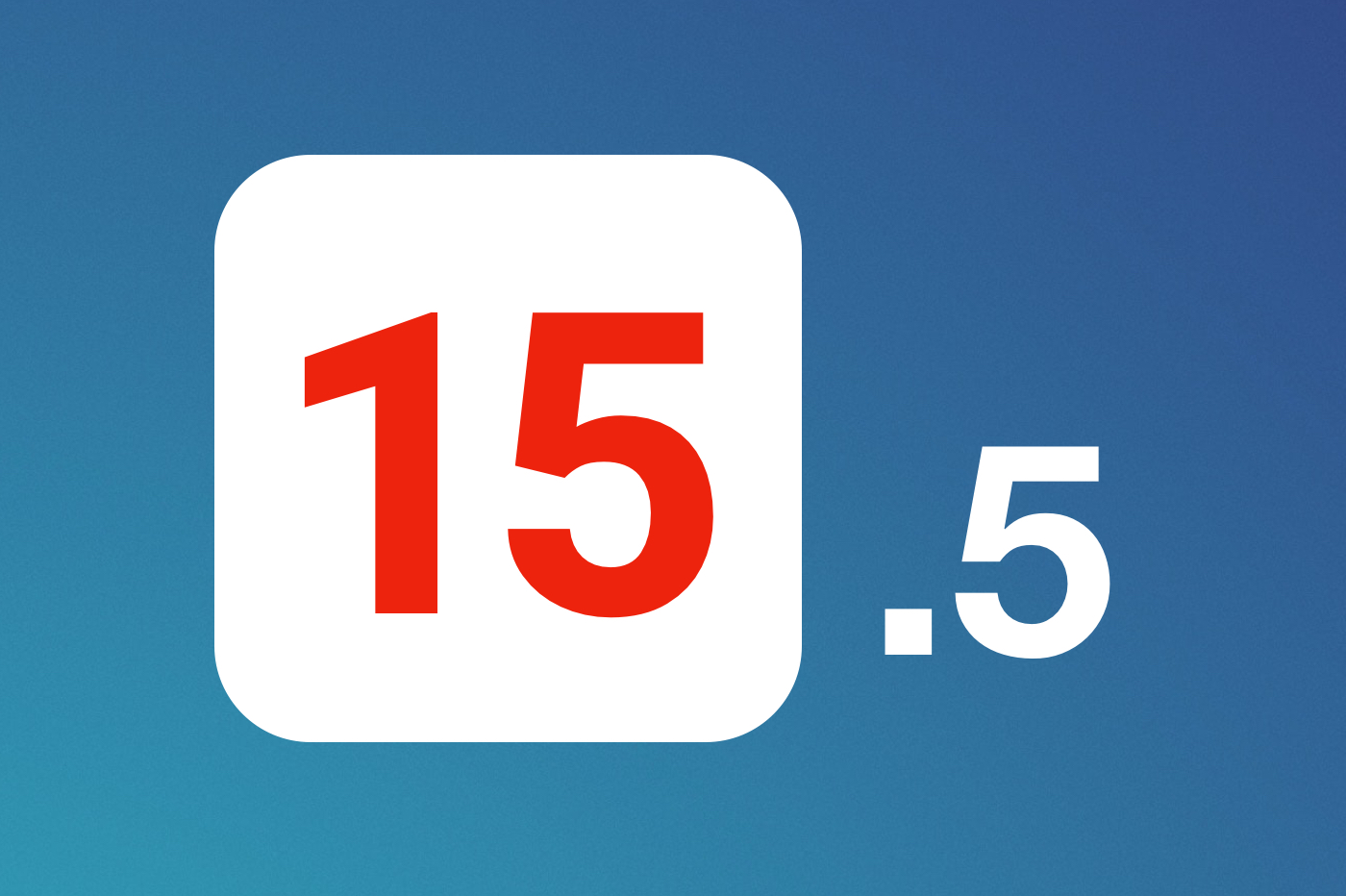The European Union is not making friends in Cupertino. The body which regulates part of politics on the old continent has just adopted two texts strongly criticized by Apple and GAFAM. The DSA and the DMA are unanimously rejected by the web giants who consider them “contrary to the foundations of the Internet” nothing more and nothing less.
While the European Union has just forced Apple's hand,forcing it to switch to a USB-C portfor the next iPhone, the Strasbourg parliament did not want to stop there, and now it has just validated two new laws which go against Apple's practices.
An App Store open to competition
The biggest change for Apple regarding these new laws should be in the App Store. As in South Korea, Europe wants Apple (in the same way) as Google to open its services to competition. Developers will therefore no longer be obliged to go through Apple's payment services to sell their application, which allows them to remove a 30% commission taken by Apple on each transaction carried out.
If this law has already appeared inSouth Korea, Europe for its part goes further and even forces Apple to open its services even wider. In addition to letting developers choose their solution in the App Store, the law provides that Apple gives users the choice of using the App Store, or a third-party solution.
There could therefore beApp Store others, like at the very beginning of the history of the application store. On the European side, this news is taken with a smile: “lDigital services legislation helps protect users' rights online, while digital markets legislation helps create fair and open online markets.assures Margrethe Vestager, vice-president at the European Commission in charge of digital technology.
Apple may not have a choice
But on the other side of the Atlantic, the idea is much less appealing. While the text was validated on its first reading by parliament, it is now in the hands of the Council of the European Union. This is the last step before the publication and implementation of the law, scheduled for the fall if everything goes as agreed.
Unless there is an improbable turnaround, Apple should therefore let third-party solutions arrive on its iPhones by the end of the year. Unless Apple decides not to respect these new rules, which could lead to Europe sanctioning Apple with arecord fine.
The text of the law provides in fact:fines of up to 10% of its total global annual turnover, or 20% in the event of repeated infringements and penalties of up to 5% of its total global daily turnover",explains the European Commission, which is determined to make Apple give in.

i-nfo.fr - Official iPhon.fr app
By : Keleops AG






